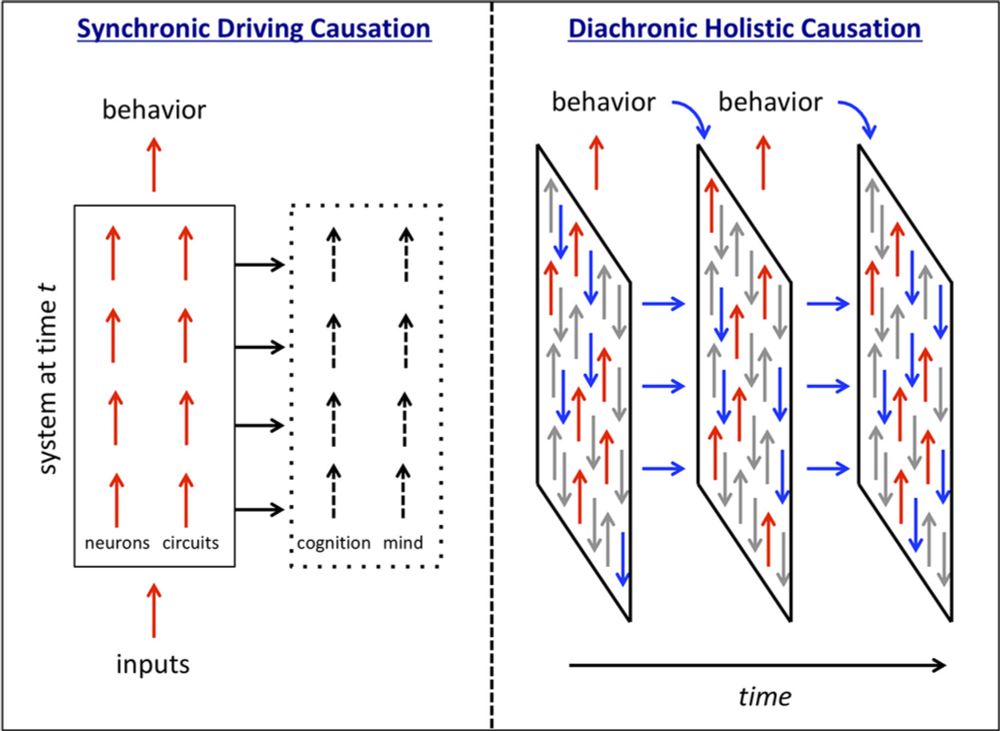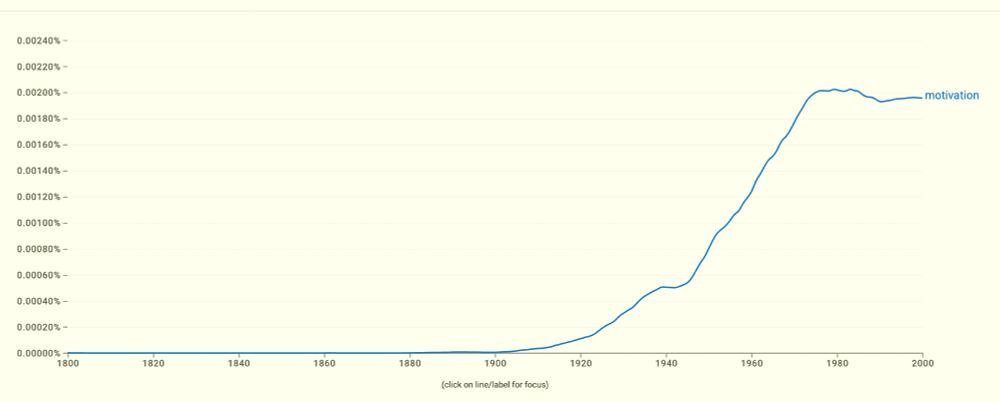Jordan Theriault
@jtheriault.bsky.social
2.4K followers
2K following
89 posts
Assistant Prof @Northeastern. Psychology + Biology. Neuroimaging, brain metabolism + mental health. Director of IASLab with Lisa Feldman Barrett & Karen Quigley
https://www.affective-science.org/
http://www.jordan-theriault.com/
Posts
Media
Videos
Starter Packs
Reposted by Jordan Theriault
Reposted by Jordan Theriault
Reposted by Jordan Theriault
Reposted by Jordan Theriault
Reposted by Jordan Theriault
Reposted by Jordan Theriault
Reposted by Jordan Theriault
Reposted by Jordan Theriault
Reposted by Jordan Theriault
Reposted by Jordan Theriault
Reposted by Jordan Theriault
Reposted by Jordan Theriault








